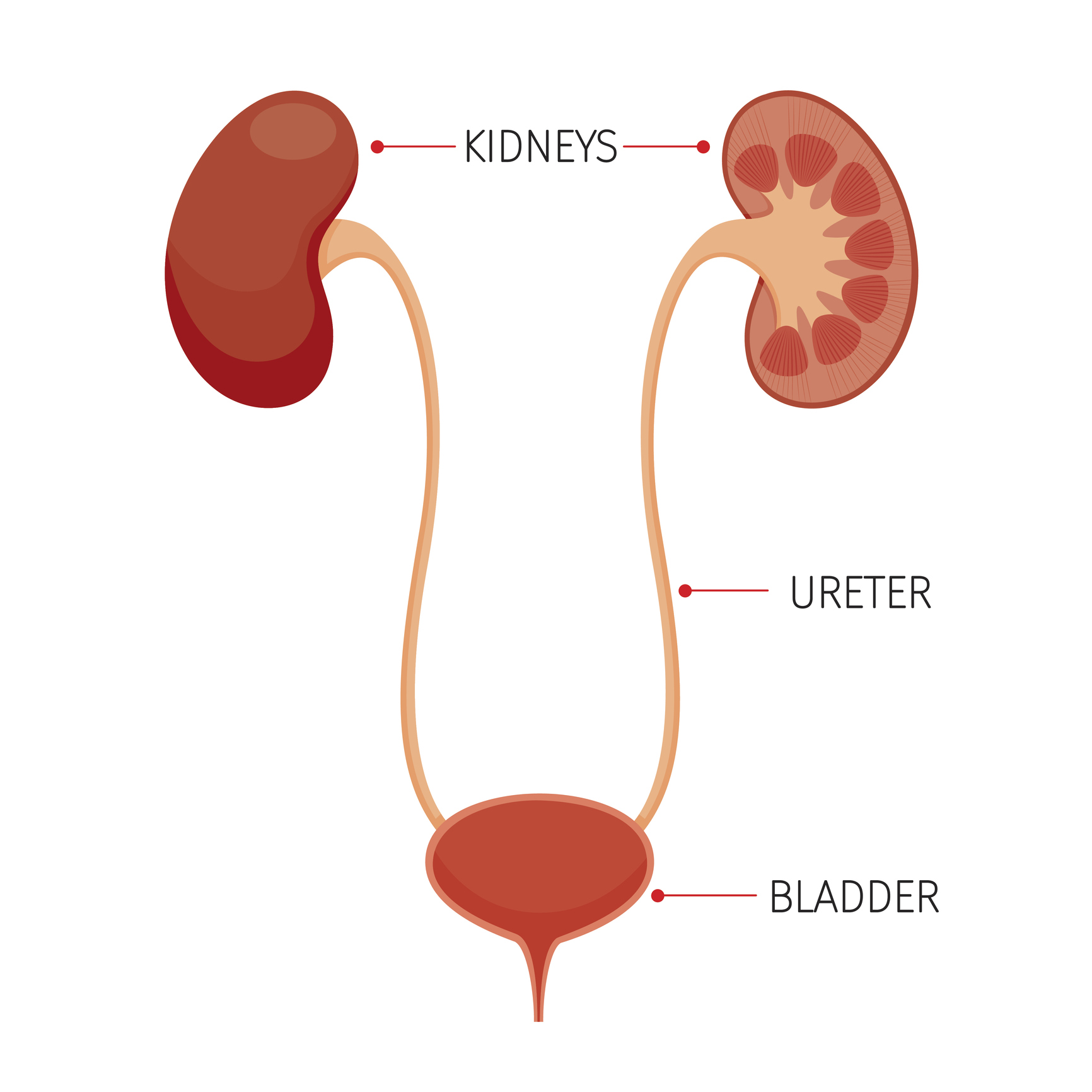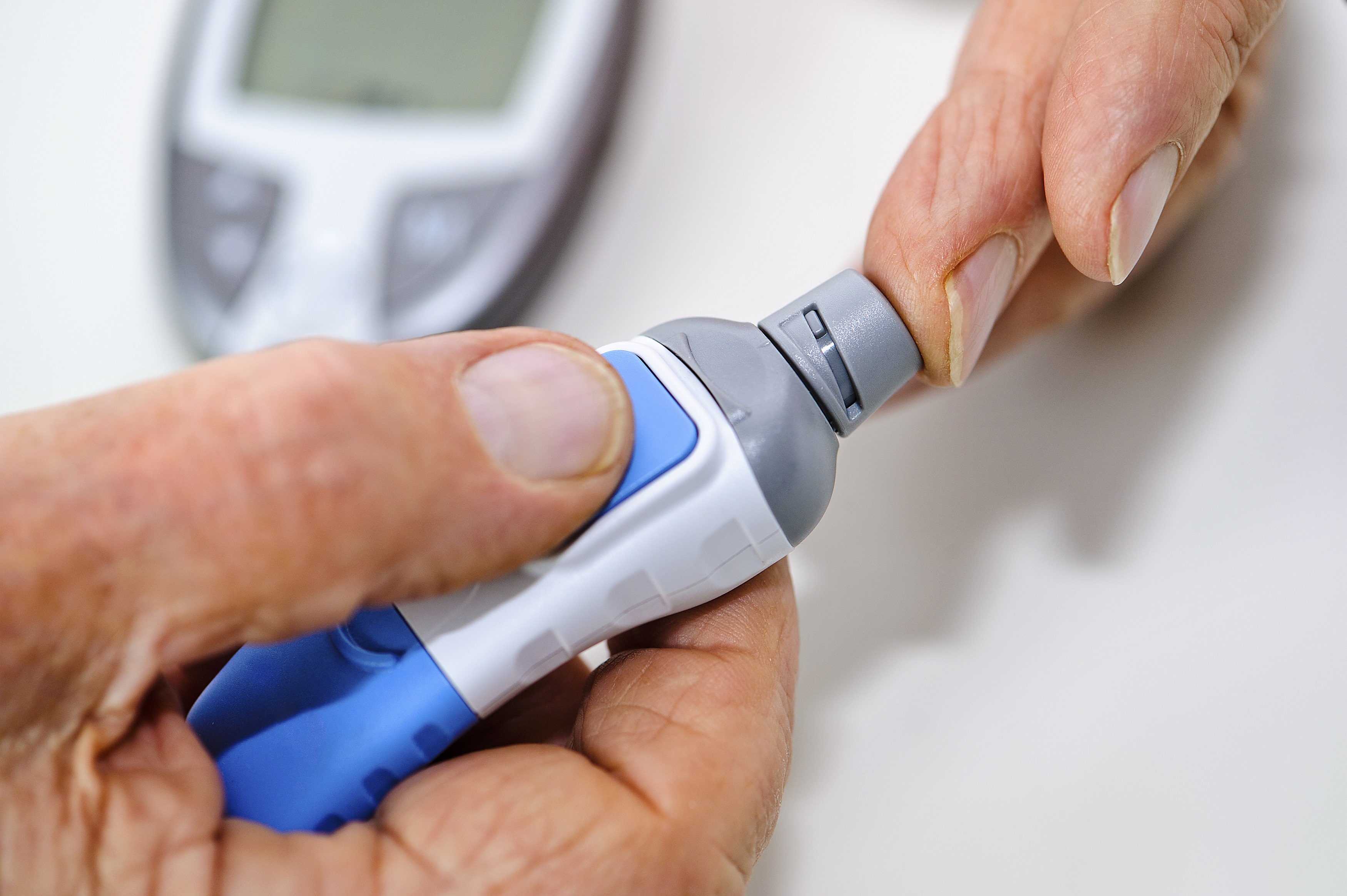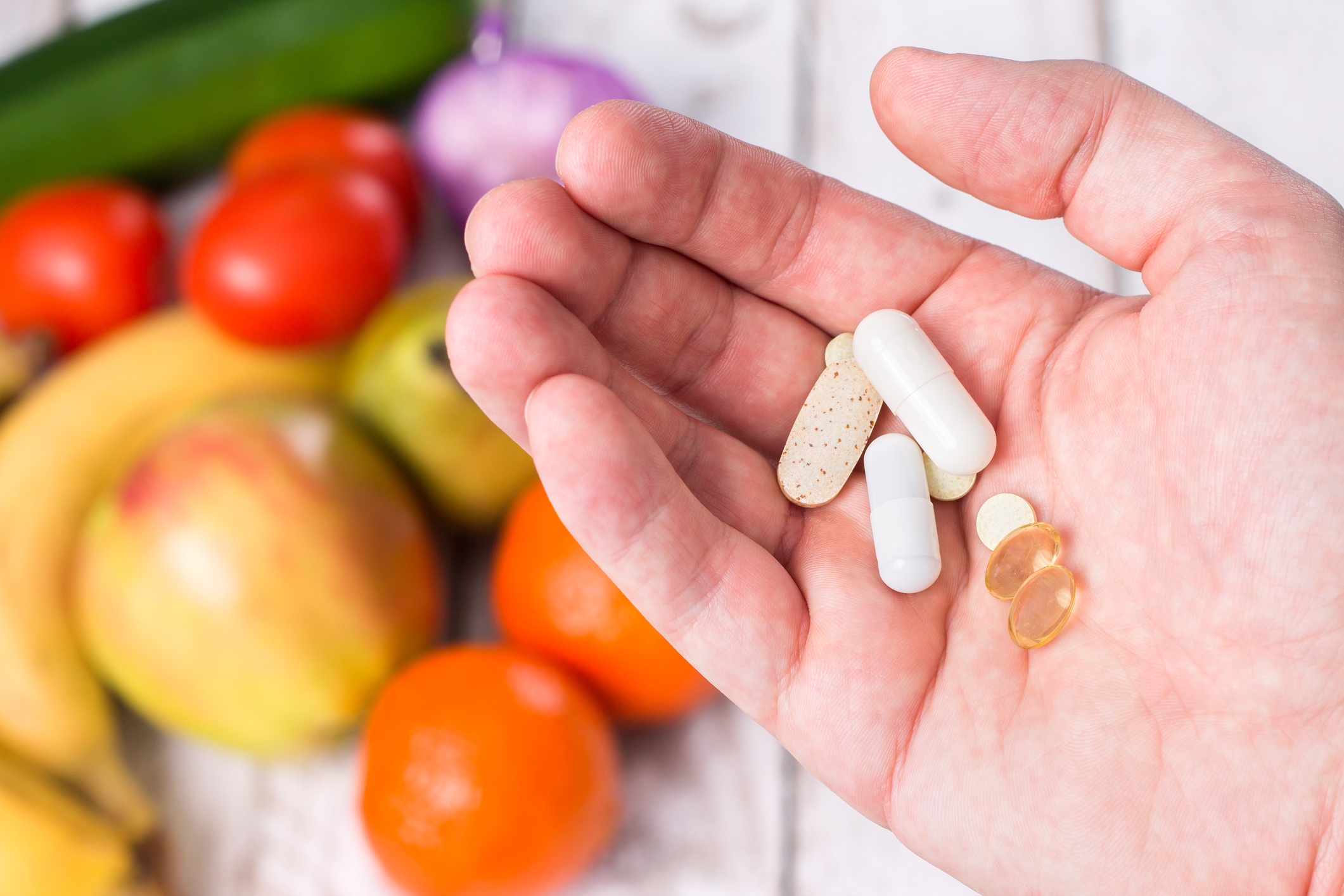Dialysis Patients Looking to Quit Smoking May Be Eligible for Free Counseling Sessions
Smoking cigarettes can damage your kidneys. Quitting smoking may help your blood pressure, which can lower your risk for having heart attack or stroke. Individuals with high blood pressure have a higher risk of developing chronic kidney disease (1 in 5 adults with high blood pressure may have chronic kidney disease). Medicare Part B covers up to eight counseling sessions centered around quitting smoking during a 12-month period. Make sure your healthcare professional is recognized by Medicare and accepts Medicare’s payment. Visit Medicare’s website for more information.





